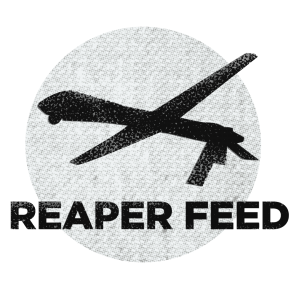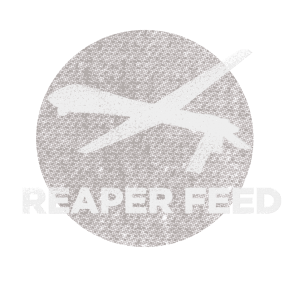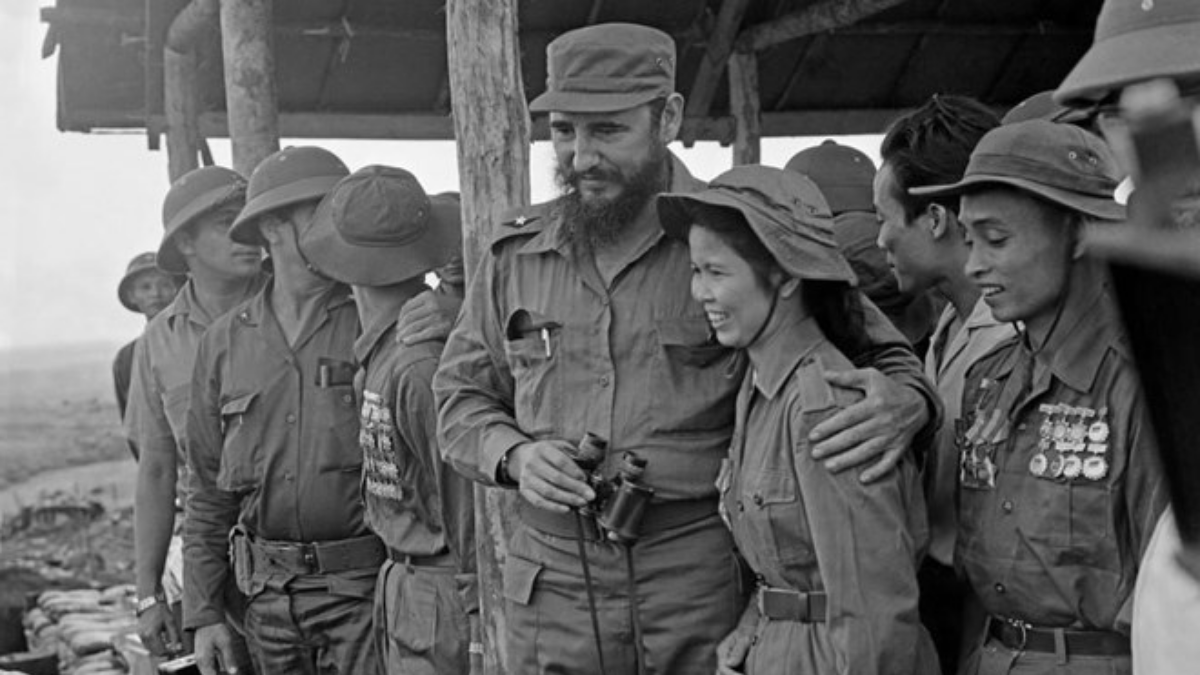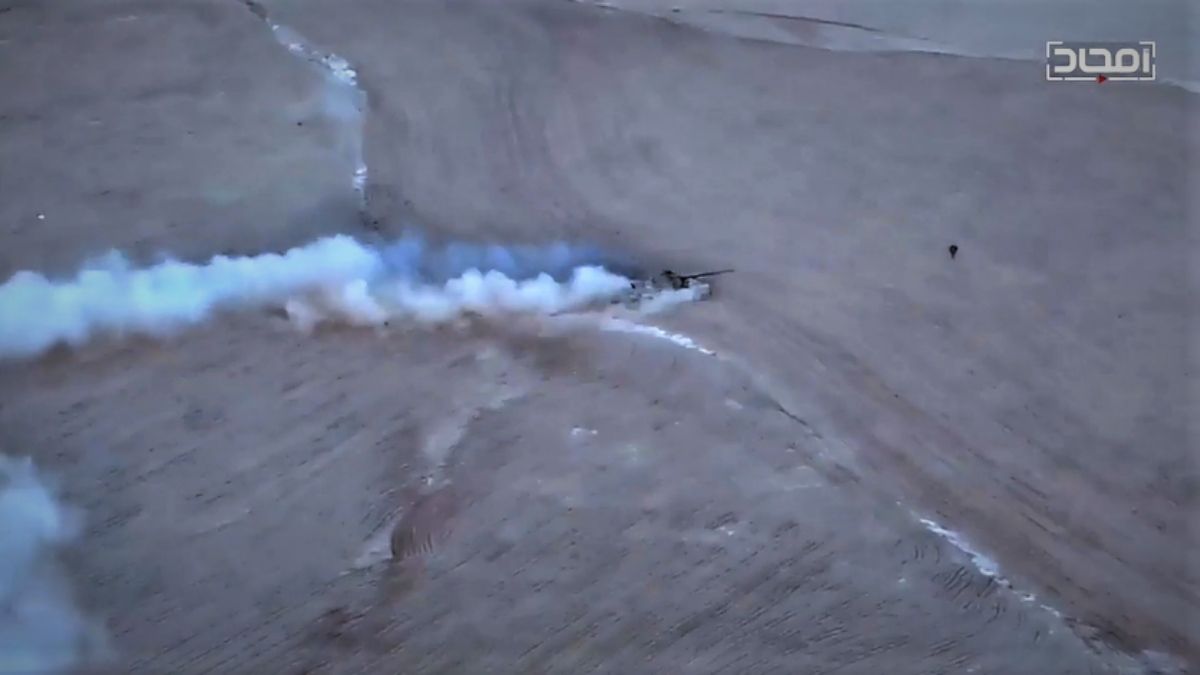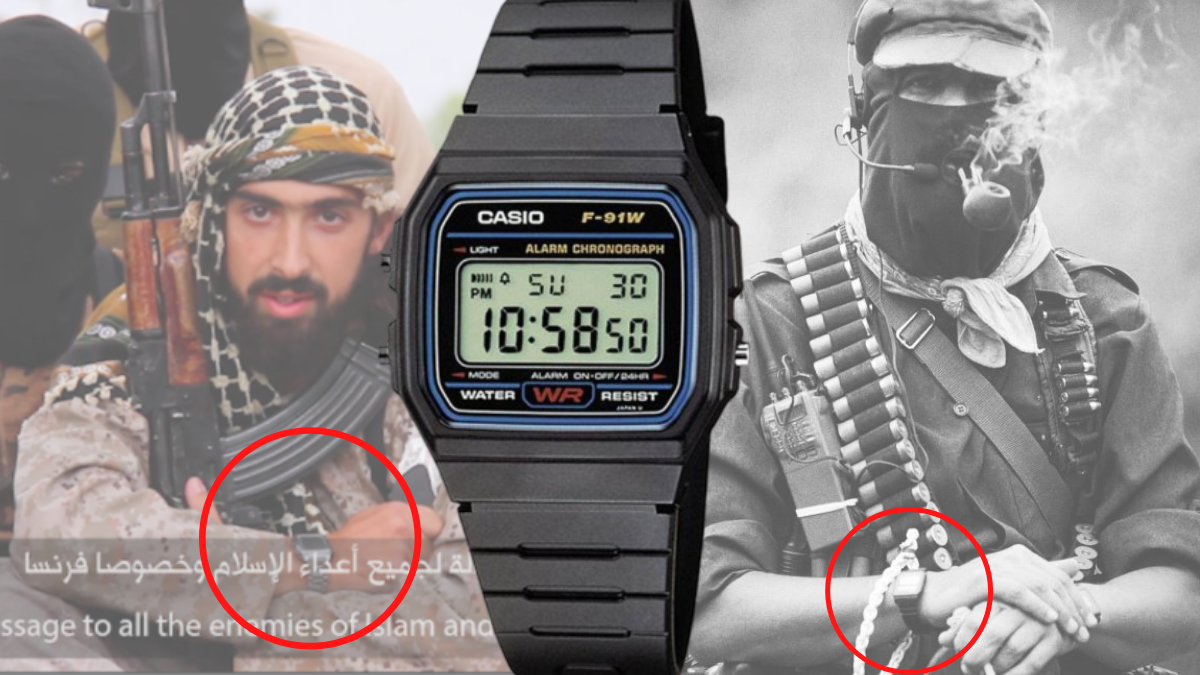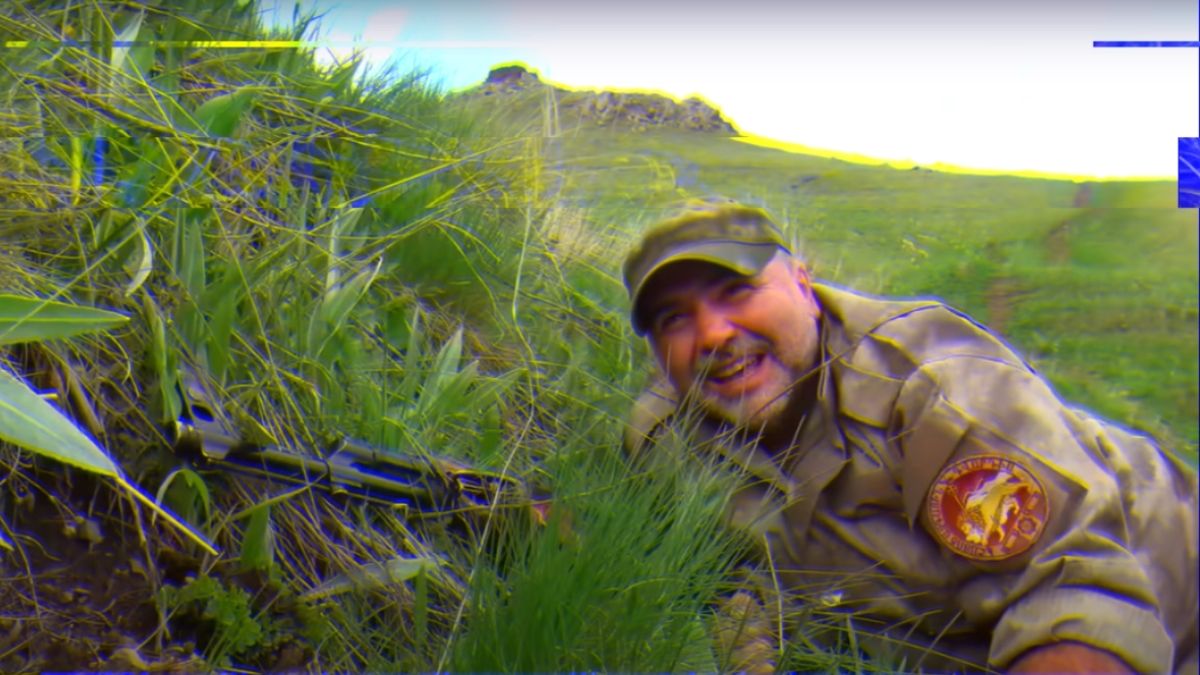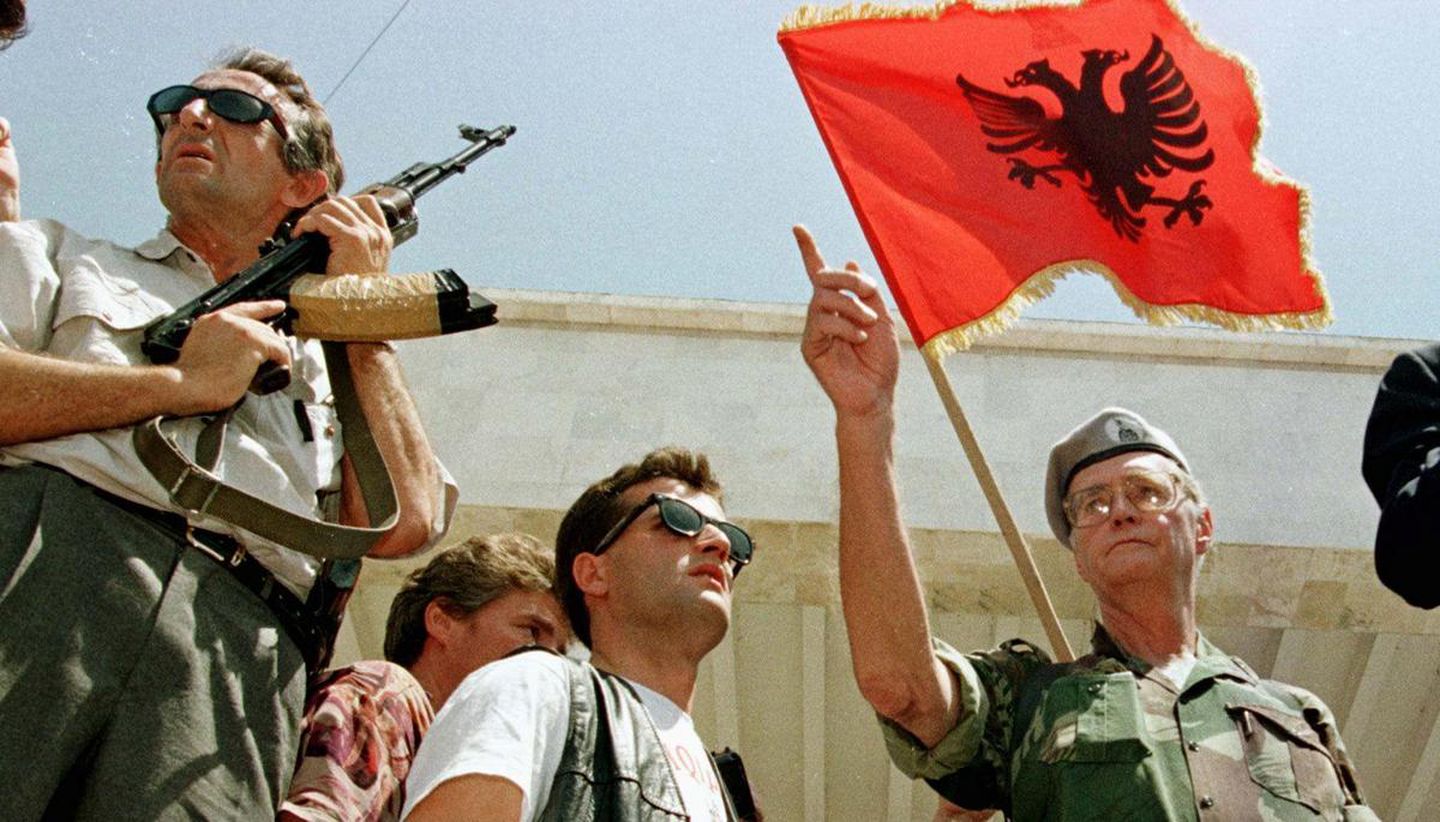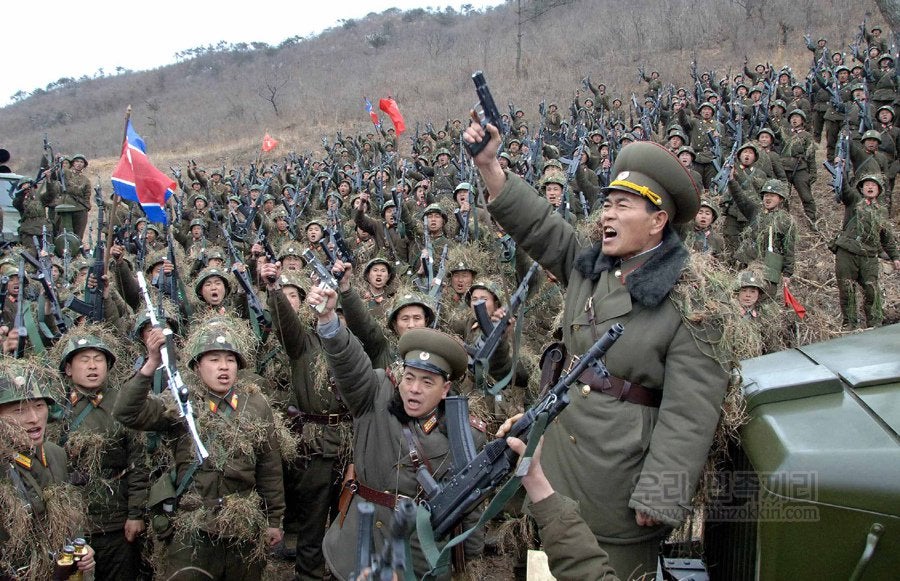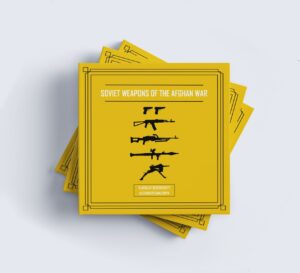In late December of 2019, the Tampa Bay Times reprinted an article written for the Miami Herald in which Acting Assistant Secretary of State for Latin America Michael Kozak spoke about the trials facing the U.S.-Cuban relationship in 2020.
In talking about Cuba’s activities in Venezuela, he mentions, “U-S. [sic] Cuba relations had not been good since this regime took power 61 years ago. They are back again as they were, in the early days of the revolution, trying to pop up similar dictatorships around the world, especially in Venezuela, where you can see Maduro guarded by Cuban bodyguards because he cannot trust his own people, and military intelligence penetrated by hundreds and hundreds of Cuban officersâ€.
This comment is quite interesting in regards to Cuba’s military and intelligence services. Given they are intended to be serving the interests of a Marxist-Leninist government, would engage in such an overt or obvious level of foreign backing.
This led me to begin thinking about Cuba’s intelligence service, re-examining their history and known operations and activities throughout the globe and coming to the conclusion that they act in a Realist mindset as opposed to a Marxist-Leninist international relations theory.Â
Before we proceed any further, though, one must put a definition on Realism and Marxist-Leninist theory.
Article Contents
Defining Marxism-Leninism and Realism
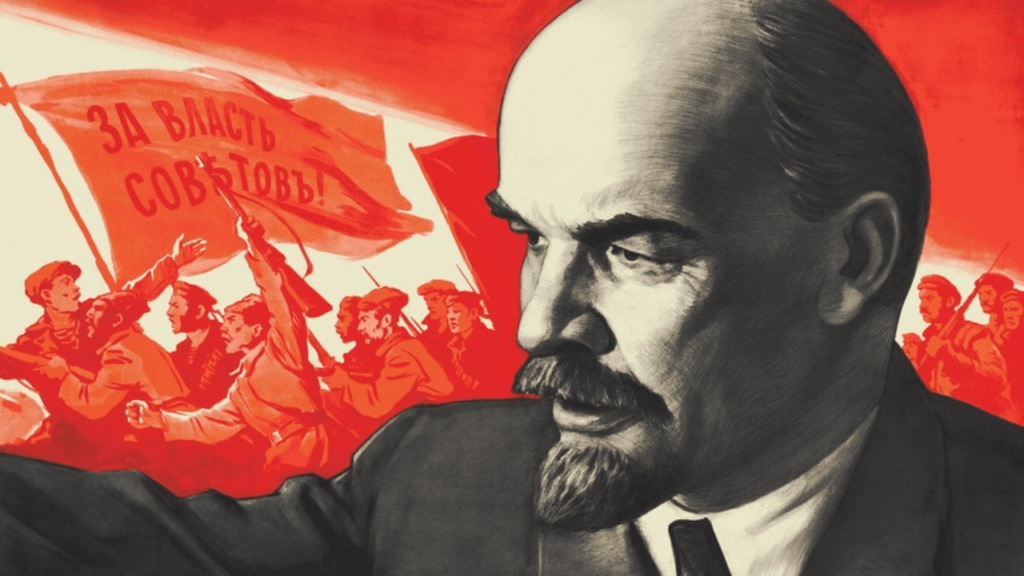
Oxford Bibliographies, a site run by Oxford University Press and described as a compilation of peer-reviewed entries, defines Realism as “having a few basic concepts that allow them [the two main strains of realism] to be considered ‘realist’,†these being, “the international system is anarchic, states are the primary actors within that system, and states act in their own interest in the pursuit of either power or securityâ€.
In one of the premier texts on international relations, The Globalization of World Politics, the editors define realism more simply as “the relation of states engaged in the pursuit of power†while noting that non-state actors cannot be accommodated within this theoretical framework.
It is also important to note that there are three core foundations of Realist theory: Statism (“idea of the state as the legitimate representative of the objective will of the peopleâ€) Self-Help (“each state actor is responsible for ensuring its own well-being and survivalâ€), and Survival, these three ideas playing heavily into both streams of thought.
Oxford Bibliographies defines Marxist-Leninist IR theory as, “subject[ing] prevailing categories, such as “anarchy†or the “balance of power†to critique, seeking to uncover their historical and sociological foundations…accords explanatory primacy to a society’s “mode of production†as the key to understanding its systems of power and belief…tend[ing] to conceive of society dialectically, as a totality whose contradictions at high levels of abstraction (between productive forces and a particular configuration of production relations) as well as in the form of real historical strugglesâ€.
We must also look at how Marxist-Leninist theory considers imperialism and foreign interventionism. It was quite difficult in finding sources specifically talking about these topics; most of the Marxist-Leninist literature found (gathered from online magazines such as the Socialist Appeal, SocialistWorker, and In Defence of Marxism) was a rebuke of Capitalism’s usage of imperialism and foreign interventionism.
In the majority of academic works as well, there appears to be more discussion of how Lenin and Trotsky interpreted imperialism and colonialism or how Marxist-Leninists consider these topics in a post-Cold War/New Millennium world. This is all understandable as Marxist-Leninism generally, and as an IR theory, concern themselves with economics and class as opposed to foreign interventionism and generally detest colonialism and imperialism, preferring anti-colonialism and decolonization.
This begs the question though; if Cuba has a Marxist-Leninist governmental structure, then why is Cuba’s intelligence and military services engaged in interests in pursuit of the state’s power or security?Â
This requires a more in-depth study of Cuba’s intelligence and military efforts and those running the Cuban government.
The Cuban DI and Foreign Interventionism
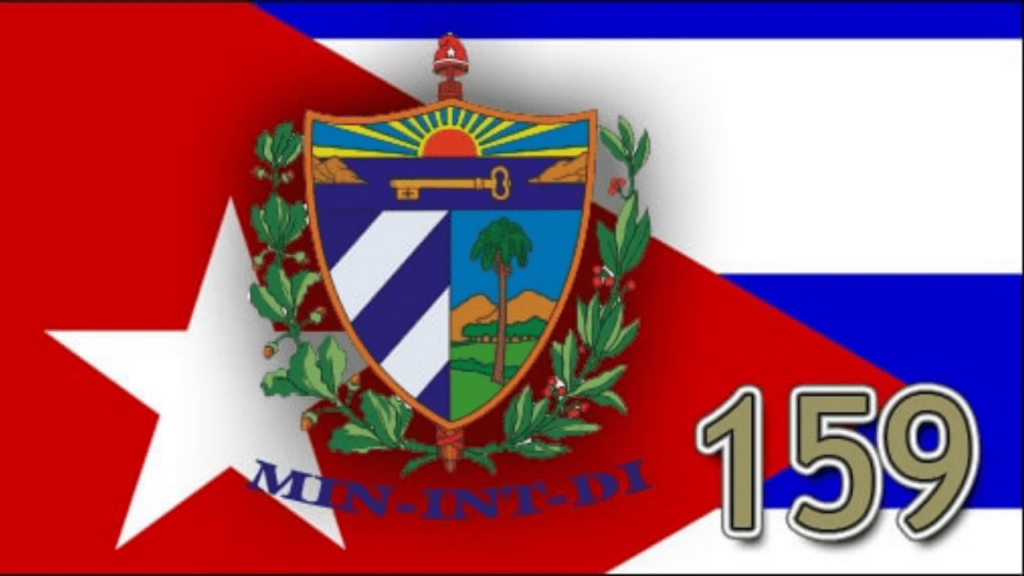
Cuba has long been at the forefront of international politics and has been a key factor in Cold War history, Latin American history, and American history, with every student knowing, at the very least, about Fidel Castro and the Cuban Missile Crisis.
However, despite the Dirección de Inteligencia ((DI) Spanish for “Intelligence Directorate†– previously known until 1989 as the Dirección General de Inteligencia (DGI)) having been around for the past sixty years, there is surprisingly little public information available on the agency, with most of the organization’s history coming from U.S. news reports and intelligence estimates and reports made by agencies within the U.S. Intelligence Community.
Regardless, these pieces of information paint a storied history of the service; one filled with foreign intervention aimed at subverting U.S. action in Latin America and abroad along with increasing Cuban powers within their immediate purview.
The DI was, by all accounts, created by select members of the Cuban government with Soviet Union-KGB backing sometime after the Revolution and before the Cuban Missile Crisis, with most historians and intelligence professionals citing the year 1961 as an accurate date.
They quickly established a foothold in Latin America and abroad, utilizing their KGB training to enhance their intelligence collection and assistance in revolutions worldwide (much to the chagrin of the Soviets).
By examining the operations the DI performed we begin to understand, Cuba’s security service operates on a much different level than their own government. Much like the Central Intelligence Agency (CIA), they are about preserving state power and acting with the interest of gaining power.Â
Examining Fidel Castro’s thoughts on foreign interventionism is highly important as he was the public face of the Marxist-Leninist government from 1959, until his death in 2016, and the leader of the country from 1959, until he retired in 2011.
One of the leader’s most memorable and remarkable speeches is one he gave on February 4, 1962, titled the “Second Declaration of Havanaâ€. Made in direct response to Cuba’s expulsion from the Organization of American States (OAS), Castro states, “The duty of every revolutionary is to make revolution…it is not for revolutionaries to sit in the doorways of their houses waiting for the corpse of imperialism to pass byâ€.
While a short quote, it sums up how Castro felt toward the U.S., about his perception of Cuba’s role in the Western Hemisphere, and how he would conduct foreign policy in his sphere of influence.Â
Castro’s mentality here is a proletarian internationalist stance, this being the idea that all revolutions of a Marxist-Leninist/Communist nature are a part of a global struggle, as opposed to being individual acts of revolution.
While proletarian internationalism may be what the DI claims to be utilizing in their various operations in Latin America and Africa, it is quite apparent they are operating in a Realist mindset, collecting power and expanding Cuba’s influence and other country’s reliance upon their aid, effectively creating countries subordinate to Cuban influence and desires.Â
Cuban involvement in the War in Angola
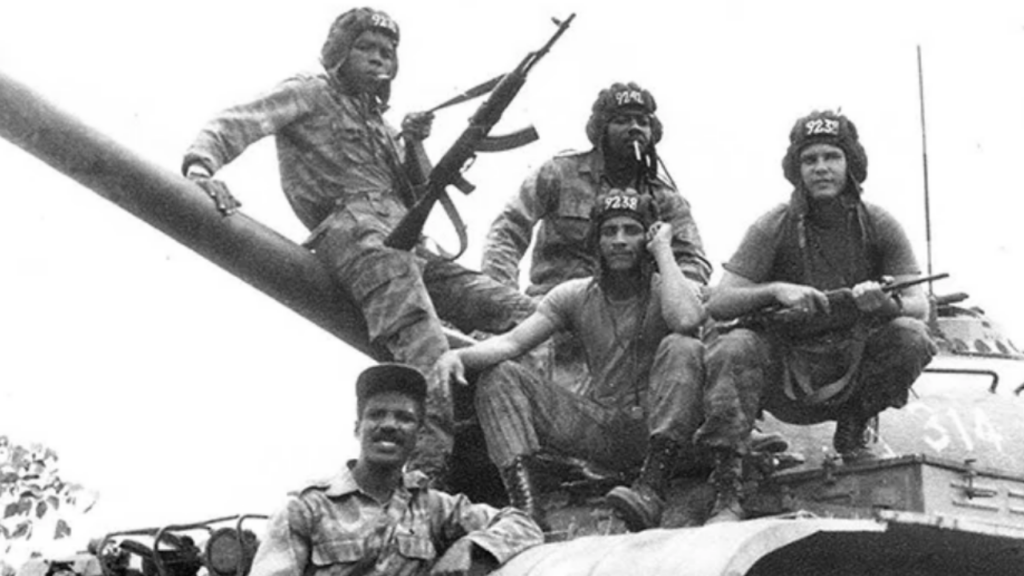
Let us begin by examining Cuba’s operation in the Angolan Civil War. The Angolan Civil War began almost immediately after the West African country of Angola was granted independence from Portugal in November of 1975; on one side was the anti-Communist National Union for the Total Independence of Angola (UNITA) and on the other side was the Communist People’s Movement for the Liberation of Angola (MPLA).
UNITA was backed by both the United States and South Africa while the MPLA was backed by Cuba, the Soviet Union, and Namibia. Almost immediately, the Cuban government committed their own soldiers, vehicles, and equipment to the endeavour, putting “between 20,000 and 25,000†combat and combat support personnel in-country.
One of Cuba’s first actions was shortly after the Portuguese left, when, in response to South African Armed Forces making a push to the MPLA- held Angolan capital of Luanda, Castro “sent Cuban Special Forces to halt the South African advance and succeeded in drawing attention to the fact that the United States had [supported] a group that now accepted assistance from an Apartheid governmentâ€.
This action effectively kept the U.S. from providing any more aid or becoming more entrenched in the country’s affairs which in turn resulted in the South Africans pulling back a few months later and the MPLA claiming most of the country (though still dealing with UNITA’s insurgency). In addition to pure military strength, the Cubans had previously sent advisors and training instructors to the MPLA long before 1975, engaging with them in 1965 and then providing “480 instructors…beginning [in] Octoberâ€.
In every combat engagement and logistical endeavour, Cuba’s DI led the way, with special troops taking on covert action or training missions, sorting through intelligence, or providing said intelligence to their Angolan military and intel counterparts.
The Cuban mission in Angola was a triumph on many levels. However, all throughout the operation, Cuba acted in an effort to secure its own power base and cement itself as a powerhouse in the region.
By providing aid to Angola (prior to Soviet action), the Cubans made themselves indispensable to the MPLA’s cause and became a very close ally onward; this enabled a new allied country that would be susceptible already to Marxist ideas, but also to a Cuban method of government. As well, Roger W. Fontaine notes in his book Terrorism: The Cuban Connection, “[the Cubans] were intent on solidifying friendly and independent regimes in Angola, Mozambique, and Rhodesia (now Zimbabwe) in order to place pressure on South Africa, the ultimate prizeâ€.
By trying to foment revolutions in these locations, Cuba was trying to essentially expand and capture a country that is diametrically opposed and one of the farthest right governments at the time; doing that (aiding in the fall of a right-wing government and turning it into a surrogate Marxist state or at least closely allied to Cuba) would be an incredibly significant achievement and would surely assist in gaining more revenue from South Africa’s vast diamond and mineral mines.
There is both a national and personal benefit to the government of Cuba, with the Cuban military and DI being tools of this. The effort behind all of this was multiple, but it was motivated by Castro’s desire for more and expanded control, the need to humiliate the United States and become more than a regional player.Â
Cuba and the 1979 revolution in Grenada
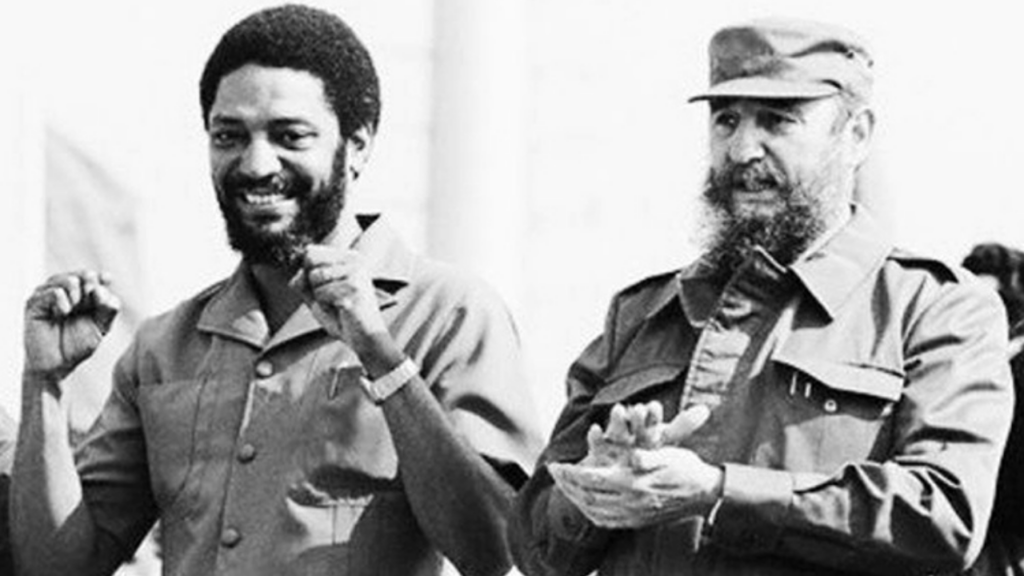
Another of the foreign intervention actions involving Cuba was in 1983 when they sent advisors, soldiers, and construction equipment to Grenada to assist in building an airport. In 1979, a revolution occurred in the small, Caribbean island country of Grenada, with Maurice Bishop leading it alongside the New Jewel Movement (NJM).
Being a Marxist-Leninist movement, the revolution attracted the attention of Castro’s government. To quote journalist Richard Gott, “Castro was delighted and impressed with Bishop and established a close personal relationship with him…Castro promised medical assistance and a direct air link was established between the two islands…The Cubans also supplied some military equipment and a handful of advisorsâ€, in addition to other educational and medical aid.
The airport has been listed by authors on the Grenadian counterrevolution and then-sitting U.S. Congressmen as being purely for economic purposes with no intent for military action nor was Grenada being utilized as a colony of the Cuban government.Â
However, Gregory Sanford and Richard Vigilante (a former Foreign Service Officer and a journalist respectively), who wrote one of the best histories of Grenada’s political turmoil, both note the airport would, “extend the reach of Cuban jetfighters throughout the region, and provide an important refuelling station for Cuban transport aircraft on their way to resupply Cuban forces in Angolaâ€.
The Cubans overall goal of remaining in Grenada is not entirely for the purpose of creating a new government. Their underlying reason for remaining in the country was to improve their own security and establish an airbase in which they can conduct military flying patrols and further support other countries they have a stake in militarily and politically.Â
By building such an airport too, one that is sure to support Grenada economically and socially, Cuba would be able to gain more of an influence in Grenadian politics and military matters. Their providing military arms and promoting a Grenadian-Soviet relationship would also benefit the Cubans making them indispensable to the emerging Grenadian government and allowing them a better foothold to make policy in the country.
While the internal Cuban documents may not show the Cubans made Grenada into a surrogate state, it is not a far off theory that Cuba was positioning itself in the right direction to become more essential to the New Jewel Movement and Bishop, to further influence economic, social, military, and foreign policy. Cuban action in Venezuela also somewhat shows that Cuba plays the long game when engaging in such surrogate state-building.Â
One may find it interesting that Castro also exemplifies the “Statism†quality of Realism. Upon the 1983 counterrevolution by a more militaristic arm of the NJM (still Marxist-Leninist, just more radical), Castro stated, “No doctrine, no opinion, no principle calling itself revolutionary, and no internal split, can justify such atrocious acts as the physical elimination of Bishop and the prominent group of honest and dignified leaders who died yesterdayâ€.
He is highly supportive of Bishop’s government as opposed to the new one and still sees this government as being representative of Grenada’s populace, seeing them as being the legitimate representative of the will of the people.Â
Cuban intelligence service and North Vietnam
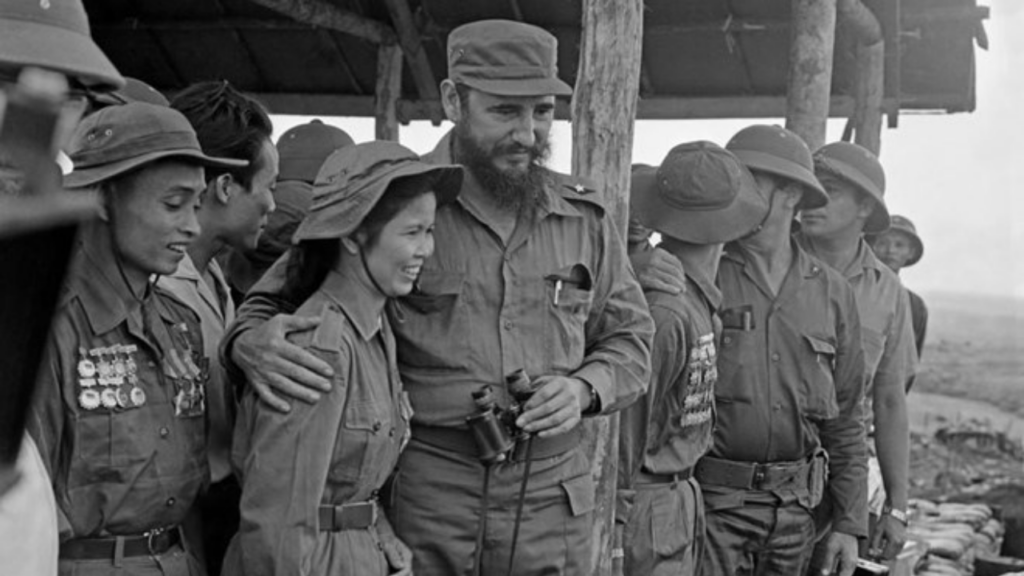
Another example of the Cuban government acting in a more Realist way is when Castro sent interrogators to North Vietnam in 1967, the interrogators staying until 1968. According to five former U.S. Air Force POWs (two of whom are former Colonels in the branch), three Cuban intelligence officers (nicknamed “Fidelâ€, “Chicoâ€, and “Panchoâ€) arrived in Hanoi in August of 1967 and, after interviewing prisoners, took eighteen of them to a prison known as “The Zooâ€.
Interrogations included various forms of psychological and physical abuse, from whippings on the buttocks and legs to rubber hose strikes across the face to being forced to make anti-war/American statements to be broadcast back home; one such interrogation resulted in a POW dying.
While this received very little attention when the POWs first asserted this in 1977, interest was somewhat renewed in 1999 when five of the Airmen alleged that Cuba’s new Minister of Education, Fernando Vecino Alegret, was the torturer they had known as “Fidel†(the five had previously identified him from an FBI photograph sometime in 1973, then again in 1999).
In 2008, Castro denied the charges that any interrogators tortured American POWs or that any Cubans were on the ground in North Vietnam (directly contradicting what he had said in 1976), a Department of Defense’s Prisoner of War, Missing Person Office (DPMO) official found, “that two North Vietnamese army colonels confirmed…in 1992 that “Fidel†was indeed Cuban and had tortured American POWs – but without Hanoi’s official approvalâ€.
This type of action does not correlate at all with Marxist-Leninist theory. The only reason the Cuban government would send interrogators to North Vietnam is to better protect their own national interest and security. The fact that the Politburo did not officially approve of the Cuban government coming to Hanoi could mean that the North Vietnamese did not ask for the Cubans to come and train their interrogators in physical or psychological interrogation techniques.
The ability for Cuba to try and form a beneficial economic/social relationship is slim as the intervention by Castro is covert. By sending Cuba’s interrogators to North Vietnam, the DI is gaining actionable intelligence on U.S. Air Force tactics and capabilities (the type of training pilots receive, the type of armaments and equipment on aircraft, etc.) in addition to allowing their interrogators the ability to utilize methods in the field and gain experience in that trade, but also to further attack the Americans on a new front.
The entire reason Cuba sent interrogators and Cubans to North Vietnam to engage with the Vietnamese and American POWs was to further increase their own power and goal of making war against the Americans.Â
Cuba and Venezuela
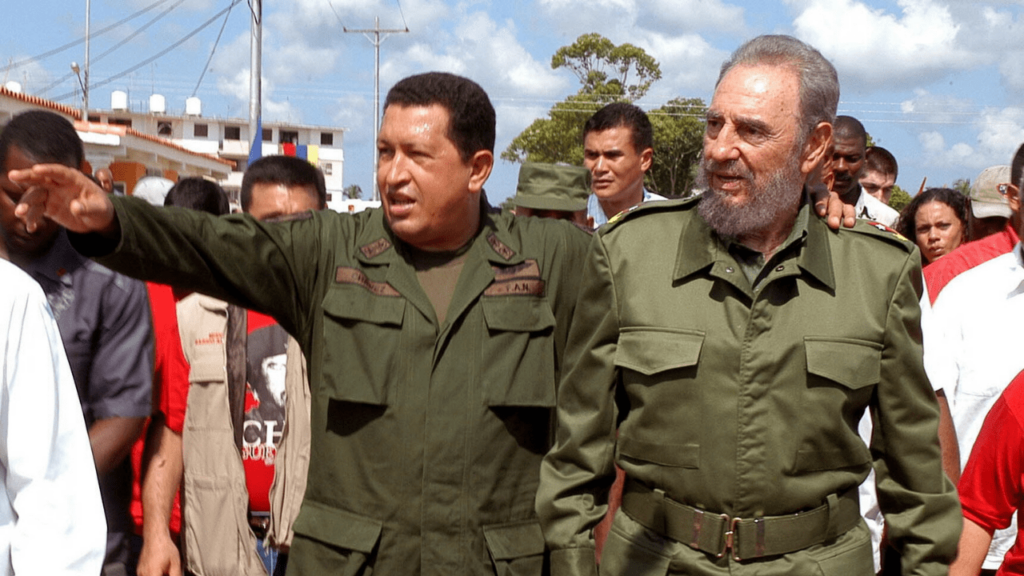
The Cuban-Venezuelan relationship is a special one and probably the most significant and important relationship in modern-day Cuban affairs, with Cuba being so closely aligned to no other country.
Cuban involvement in the country of Venezuela goes back long before Hugo Chávez’s rise to power in 1999, with the Marxist-Leninist state sending weapons to Venezuelan guerillas, sending a military advisor to train these guerillas, and once physically and ideologically supporting a quickly defeated invasion in the 1960s.
Terroristic action continued until the mid-late 1970s when Cuba became friendlier with a new Venezuelan government. When Chávez first tried to gain power in 1992 (which eventually solidified his later political career), Castro at first denounced the action, but upon meeting Chávez after his release in 1994, Castro quickly became a primary supporter of his.
After the 2002 coup attempt, Chávez brought in Cuba’s DI as personal security and military/intelligence advisors. The effect of this can be best summed up in the words of one of Chávez’s aides, “I saw their strategy: seal off Chávez from the public, manipulate him, nourish his insecurity, find evidence of assassination plots, of betrayals. Make him paranoidâ€.
Other advisors have stated that Chávez has allowed the Cuban military to infiltrate virtually every part of the government, including the military, the foreign policy sector, and the economics ministry.
In 2019, Reuters was able to review documents signed in 2008 by both the Cuban and Venezuelan governments; the documents state that Venezuela, “gave Cuba deep access to Venezuela’s military – and wide latitude to spy on it and revamp itâ€.
The agreement has allowed the Cuban military to: “(1) Train soldiers in Venezuela, (2) Review and restructure parts of the Venezuelan military, (3) Train Venezuelan intelligence agents in Havana, (4) And change the intelligence service’s mission from spying on foreign rivals to surveilling the country’s own soldiers, officers, and even senior commandersâ€.
In more detail, the first agreement, “would prepare Venezuelan intelligence agents to “discover and confront the subversive work of the enemy†while the second would authorize “Cuban officials to oversee the “assimilation†and “modernization†of Venezuela’s militaryâ€.
As further noted in the Reuters article, Cuban military advisors (quite possibly from the DI) also advised the Venezuelan military to turn the Directorate General of Military Counterintelligence (DGCIM) into secret police, one that, “spies on its own armed forces and instils fear and paranoia and quashing dissent†and have begun teaching at Venezuela’s version of West Point, teaching potential cadets of the DGCIM to, “infiltrate and control the militaryâ€.
Since then, the DGCIM has been accused by the United Nations of committing several human rights cases of abuse, including water and food deprivation, sexual abuse, electric shocks, suffocation, and waterboarding. Even with Chávez’s death in 2013, this beneficial relationship has continued with the Cuban government under President Nicolás Maduro.Â
Due to their close relationship, Venezuela also began trading thousands of barrels of oil in return for military training and intelligence personnel. It is understandable then that Chávez, due to his affinity for the Cuban revolution and seeing some of himself in Castro, would desire to provide his idol with aid and that Cuba, to maintain the steady stream of oil (over 55,000 barrels of oil per day – both for national profit and for their cars, aircraft, and ships), desires to keep Chávez in power.
As well, it has become a common idea or understanding amongst many former Venezuelan government officials that Cuba has fully ingrained itself in the culture and government. Raul Salazar, a former Minister of Defense for Venezuela who served under Chávez, said, “The most important mission for the intelligence service once was to neutralize any threat to democracy. Now, with Cuba in charge, the government uses it to stay in powerâ€.
The Reuters article also makes note that, “In Venezuela’s vast oil wealth, Castro saw the potential for nourishment for a Cuban economy starved by the collapse of its former sponsor, the Soviet Unionâ€. Clearly, Cuba is utilizing Venezuela as a way to gain a better economic standing in Latin America and the Caribbean and is creating a fiefdom within the country, slowly, but surely, controlling every portion of government and the military. It also seems that the Assistant Secretary of State for Latin America, Michael Kozak, was right in his assertion about Cuban intelligence in Venezuela.Â
Cuban Moles: Ana Belen Montes
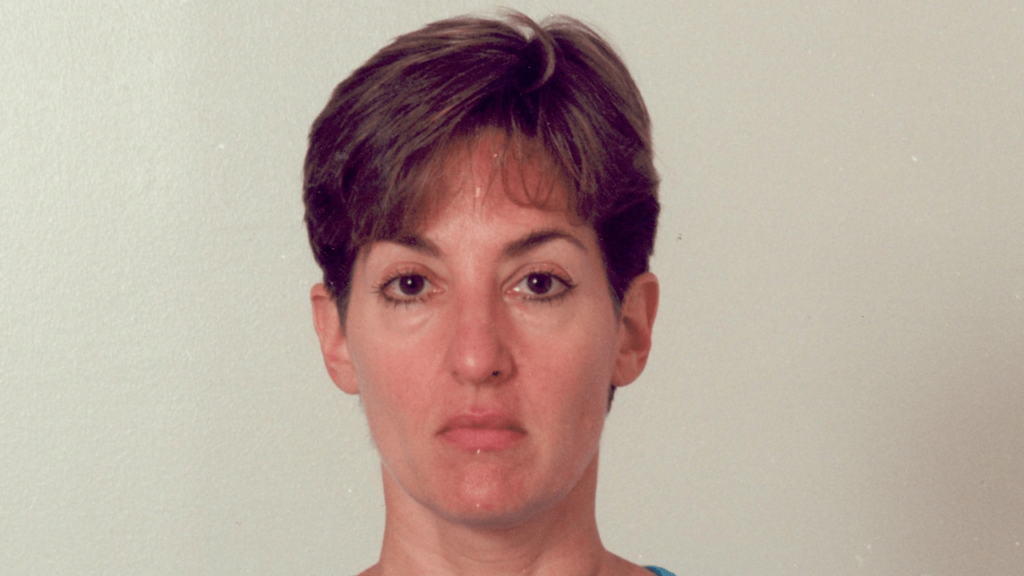
Cuba also is responsible for one of the most serious counterintelligence failures and foreign infiltration operations in U.S. Intelligence Community (IC) history. In September of 2001, ten days after the 9/11 attacks, Ana Belen Montes was arrested at the Defense Intelligence Agency (DIA) headquarters and, on October 26, 2002, pled guilty to espionage and was sentenced to 25 years in federal prison.
Montes initially began her work as an Intelligence Research Specialist with DIA in 1985, becoming known as a rising star and, in 1992, becoming the foremost political/military analyst on Cuba in the Intelligence Community. In 1996, she was named an Acting Division Chief and promoted to the GG-14 grade scale (with a 15 being the highest one can go in the federal system).
However, since 1982, Montes was spying for the Cubans, collecting information and transmitting them back to her superiors via shortwave radio and electronic communications on a laptop.
Her actions resulted in the deaths of a U.S. Army Special Forces soldier, three U.S. citizens shot down by Cuban MiGs, the sabotage of various undercover identities who were stationed in Cuba, and any intelligence that concerned Cuban activities or Cuba itself being transmitted back to her handlers.
Obviously, it is imperative that any state, no matter how independent of international conflicts or how friendly terms they are on with other agencies, have a counterintelligence arm. However, what is most interesting here, is most Marxist-Leninist literature does not comment very much about intelligence work or counterintelligence (most likely because most Marxist- Leninist literature has to do with economics or society).
This type of national security endeavour is often discussed in Realist theory and academic IR papers due to the fact that counterintelligence is often seen as being utilized by states to accumulate and hold power and expand their influence abroad whilst protecting one’s self from harm. This plays into the Self- Help foundational quality of Realism, that each state is responsible for its own security. This is both an offensive and defensive measure of security.Â
Cuba exemplifies this far better than most, with the majority of counterintelligence professionals and intelligence historians all agreeing that Cuba’s intelligence service is one of the top intelligence agencies in the globe (behind the U.S., UK, China, Russia, and Israel). Cuba’s encouragement and active participation in intelligence activity around the globe fall along the line of a more Realist attitude in regards to national security, the preservation of power, and creating a highly effective and efficient counterintelligence division built entirely upon defensive measures.Â
Cuba and Narcotics
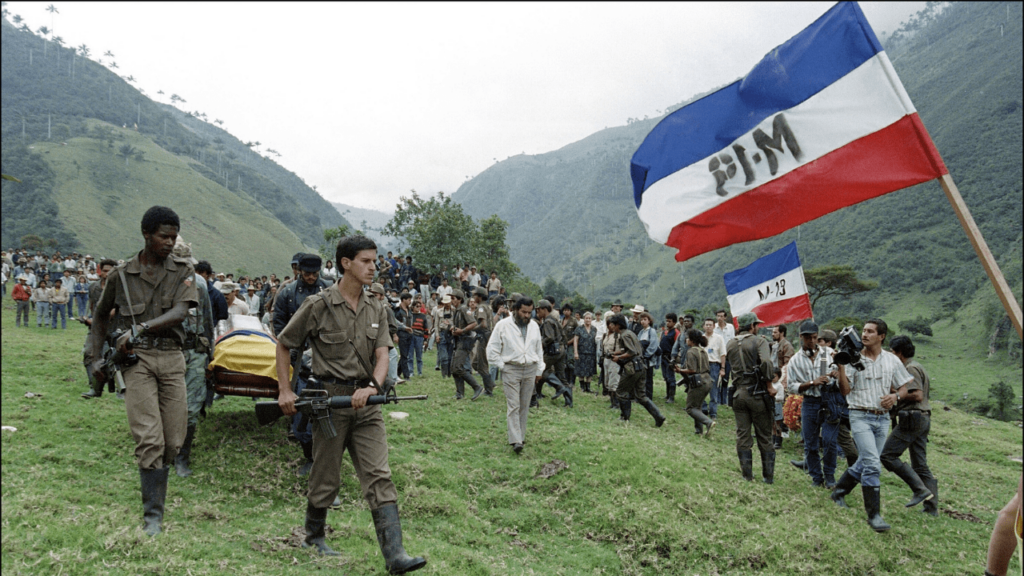
Not only has Cuba engaged in this type of widespread and covert intelligence action and large scale foreign military intervention, but they have actively engaged in organized criminal endeavours, predominantly drug trafficking.Â
Beginning in the late 1970s, the Cuban government made deals with Colombian drug traffickers affiliated with the MedellÃn Cartel.
Due to these profitable relationships, the drug trafficking network significantly expanded into the early 1980s, wherein the drug smugglers would smuggle weapons from Cuba to Colombia and Cuba would allow the smugglers to use the island nation as a way station on their way to deliver drugs to the United States. Under this system, the Cubans would take a profit as well.
The operation, however, imploded in 1981, with drug traffickers being apprehended off the Colombian coast with weaponry and equipment from Cuba intended for the Colombian terrorist group M-19; arrested drug traffickers told authorities these weapons were handed to them by Cuban officials.
Following this, the Colombian government removed the Cuban Embassy from their borders. Given the fact the operation failed, there was a U.S. indictment against certain Cuban officers, that Cuba made no money from this venture, and was humiliated by the failure, Cuba no longer engaged in drug trafficking operations officially after 1981.
First, I must commend Cuba for this ingenious method of both supplying an ally covertly and utilizing an illicit trade as a form of revolution and direct action against the U.S. populace. Second, it is quite obvious that the Cuban government utilized drugs to further accumulate power and wealth within the region while also increasing their overall fight against American imperialists.
By sending drugs to the U.S., providing protection in international waters, and a safe haven for traffickers coming from Colombia, Cuba was able to accomplish (for at least a period of time) the goal of aiding a foreign non-state actor and harming the public of the United States, all through covert means.
While this operation failed rather quickly, had Cuba more properly vetted the personnel and perhaps been more controlling of the day-to-day operations and put a better plan in place to receive payment, this easily could have been a successful operation. Instead, this remains one of the few operations in which the Cubans failed in their endeavours.
The entire goal of this drug trafficking network was to pack the state’s banks and intelligence/military services with drug money for further operations (and for a better lifestyle for the Castro brothers and Ministers), gain even more allies and better relationships in Latin America and abroad, and work against the American imperialists by infecting their communities with drugs. The goal was to diversify influence into illicit areas, realms they had not before set foot in, and accumulate more power and economic capital for missions abroad.
Conclusion
With all of these incidents, the Cuban government is shown trying to secure power and enhance their own country’s national security platform. By intervening in Angola, they sought to humiliate the United States and make a play for South Africa’s vast resources.
With North Vietnam, they are gaining experience in tactics and intelligence on enemy operations (as well as, most likely, hurting individual Americans). With Grenada, the government is securing another location for operations abroad and the ability for further economic and positive public awareness.
With Venezuela, the economic gain is extremely attractive as is the potential to gain more people under the Marxist-Leninist banner and to take direct action against the United States. With Ana Montes, the entire goal was for further intelligence upon enemy activities and knowledge of current operations in the U.S. Intelligence Community.
With Cuba’s involvement in drugs, though this operation was not as successful as the others, this mission revolved around making war against the United States and aiding an allied non-state actor.
All of these revolve around one single item; the Cuban government (predominantly Fidel Castro) cultivating a power base for further operations against the United States and increasing the ability at which they can be performed. The case studies show a hatred for the United States that is extremely antagonistic, obsessive about fighting back against “imperial aggressorsâ€, and increasingly desiring to be involved in any group, government, or state that is against the United States.
The case studies also show a desire to be all-powerful in the Western Hemisphere and be a player in comparison to the U.S., being able to arm organizations, advise militaries and governments, and take part in groundbreaking, history-making achievements.Â
Further reading
- 129 Years On: The 1893 Overthrow of the Hawaiian Monarchy
- An In-Depth Look at 10 Famous Traitors in Military History
- The Forgotten War: The Philippine-American War and the First Insurgency
It is my view that Cuba acts on a Realist IR theory by supporting various revolutions in support of gaining further power and influence in the region and in securing their own power base. This viewpoint that Cuba is also motivated by the inclinations of heads of state and not by Marxist-Leninist drives is also endorsed by some academics, with Professor Emeritus Samuel Farber of Brooklyn College, in an issue of the International Socialist Review, stating, “In the last analysis, Cuban support for liberation movements has been based on the interests of the Cuban state as defined by its leaders, and not on a commitment to revolutionary doctrineâ€.
Disclaimer: The views and opinions expressed in this guest article are those of the author and do not necessarily reflect that of Reaper Feed.
